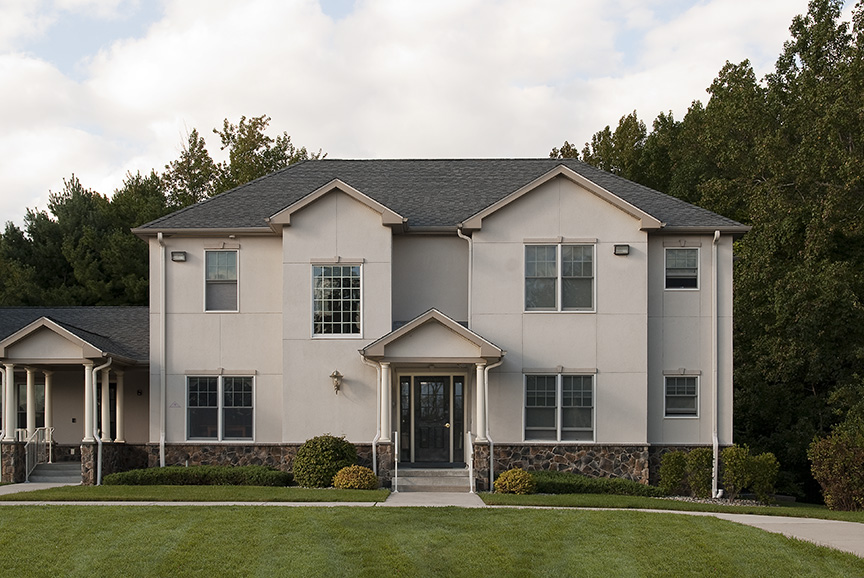For residents in our Adolescent Supportive Housing Programs, they get a second chance for a home. Acenda offers an array of housing programs steered by multiple housing models. The Ruth London Homes at Life Link, most commonly known as Life Link Homes, is a permanent supportive housing program that began in 2006. Life Link Homes offers affordable housing that meets the needs of homeless youth living in our communities. In addition, our Steps Towards Independence program provides temporary housing, as a transitional living program, for young adults who prepare to move out by 21 years of age.

Within the past few years, Acenda has branched out to establish two additional housing programs with a Housing First model: the Expectant and Parenting Youth program and the Connect to Home program. What does Housing First mean? A Housing First model is a fast-paced approach to successfully link individuals and families experiencing extensive homelessness to permanent housing, without barriers to entry and without service requirements. Within these programs, Acenda tackles the housing crisis first and foremost, while engaging individuals and families to voluntarily participate in case-management. Through streamlined housing and proactively-offered services, young adults can maintain stability and begin to confront the underlying factors that stem from homelessness, including mental health, substance use, legal assistance, and domestic violence.

Megan’s Story
Megan was referred to Life Link Homes by her DCP&P caseworker and was able to secure an apartment at Life Link upon turning 18. Over the next 3.5 years, Megan made herself a home at Life Link and met weekly with the warm, nurturing staff who helped her work towards her personal and professional goals, one of which was to gain experience in the social work field and graduate with a degree in Psychology.
Megan worked diligently towards her degree and graduated last spring with honors. She successfully left Life Link Homes with a job offer to work with youth in the foster care system, a cause that hits very close to home. Today, Megan is a successful homeowner and shining in her new career.
“If I needed to go somewhere, my Acenda worker took me there. If I needed help with something, my Acenda worker was the first person I called and they would answer, even at night. If my anxiety got in the way of trying to do something, my Acenda worker would work beside me rather than doing it for me. It was the push I needed to get past the scariness in my head and face adulthood head on.”
As part of our Supportive Housing programs, including our Expectant and Parenting Youth and Connect to Home programs, we proudly offers support services to assist in guiding each of our housed young adults towards independence. Services start with weekly, in-home case management provided to all individuals and parents with children. Goals and life skills are worked through and achieved with each young adult’s individualized needs an utmost priority. Job readiness training, money management, educational assistance and access to scholarships, and essential resource building are a few of the many targets our young adults aim to achieve maximum self-sufficiency. Furthermore, if there is a service that Acenda cannot provide, our staff work to directly navigate and link our youth to community resources and services.
In addition, most of our programs offer in-home therapy services and the opportunity to participate in frequent group workshops and social activities. These services help treat instability at its roots, with the empathetic understanding that these young adults likely suffered from traumatic childhood experiences and low-quality living environments.

The young adults and families we serve through Acenda are so much more than just our clients: they are individuals with unique stories, goals, and dreams. The homes of these individuals are lined with photos of their children, dry-erase boards with empowering quotes, and artwork that signify their families’ culture. Each home telling a story of the power of resiliency: the refusal to live on the fringes of mainstream society; the refusal to continue the revolving door of child welfare involvement; the refusal to be excluded and, rather, integrated within their community. “The worst outlook we can have is to believe our young adults are not worthy or capable of living a healthy, productive life just because of their backgrounds and situations,” says Cassandra Belson, an Independent Living Coordinator. “Their worth and capability are proven on a daily basis. What they are able to accomplish each day, despite their hardships, is truly inspiring.”